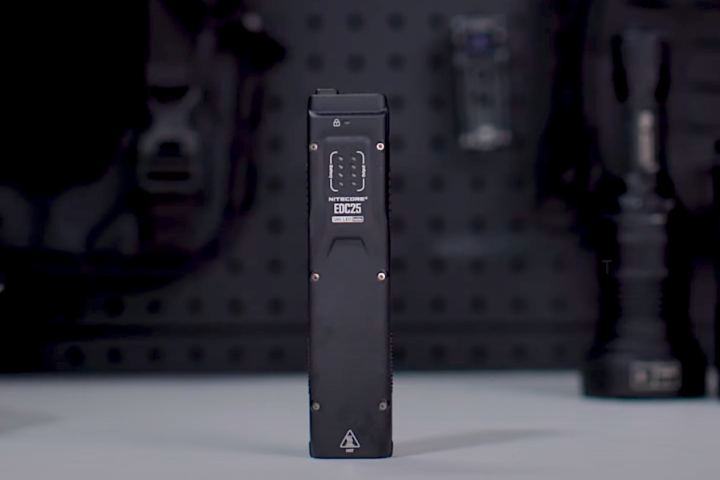There may be new hope for stroke victims and other "locked-in" people who are unable to communicate by conventional means. It comes in the form of the experimental new BrainGPT system, which is able to read users' thoughts and convert them into readable text.
Paralyzed individuals suffering from Locked-In State are not only incapable of speech, they also can't utilize hand or head gestures to communicate. Some of them are able to move their eyes – so they can use eye-tracking communications systems – but others lack even that ability.
In recent years we've seen alternative setups that convert brainwaves into text. However, these systems have typically either required electrodes to be surgically implanted in the user's brain, or they've only been capable of basic yes/no-type communications.
That's where BrainGPT could one day come in.
Currently being developed by a team of scientists at the University of Technology Sydney, it simply requires users to wear an EEG (electroencephalogram) cap that's connected to a computer. No eye-tracking cameras or other additional hardware is required.
The custom DeWave software utilized by BrainGPT was trained by recording and analyzing the electrical signals produced by a total of 29 volunteers' brains as they silently read passages of text.
Putting it simply, DeWave's AI-based algorithms learned which specific EEG signals corresponded to which written words and phrases. When it subsequently detected those signals when no text was being read by a user, it knew that the person was thinking the corresponding word or phrase … or at least, it often did.
The system's translation score presently sits at about 40% on the BLEU (BiLingual Evaluation Understudy) scale, which is a measure of accuracy for machine-translated text. That said, the team hopes to boost that number to around 90% once the technology has been developed further.
"This research represents a pioneering effort in translating raw EEG waves directly into language, marking a significant breakthrough in the field," said the lead scientist, Prof. C.T. Lin. "It is the first to incorporate discrete encoding techniques in the brain-to-text translation process, introducing an innovative approach to neural decoding."
BrainGPT is demonstrated in the following video.
Source: University of Technology Sydney




